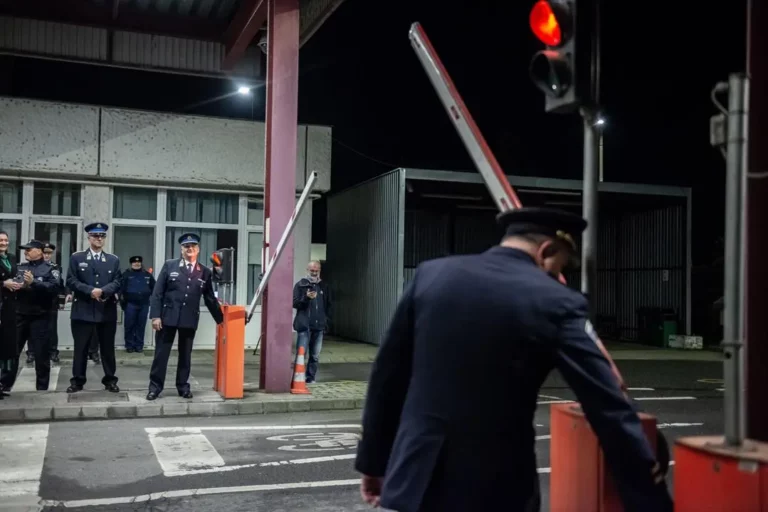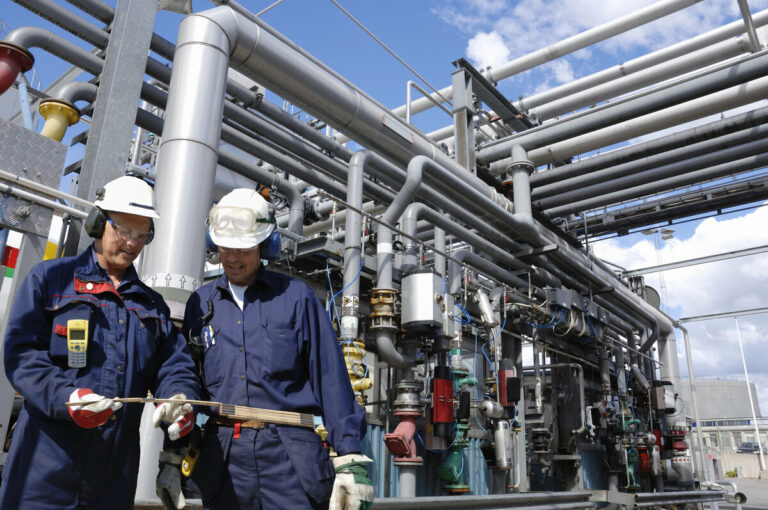Russia
No mercy from Ukraine: They insist on restricting Russian oil transport to Hungary, Slovakia – UPDATED

Shocking: Russians owe billions to Hungary, but the Orbán cabinet remains silent

Szijjártó: was the Russian oil delivery ban requested from Brussels?

Hungary’s new visa system: Schengen access for Russian spies raises alarms

EU diplomats fuming: Hungary appeals to Brussels for Russian oil assistance

Diplomatic rift erupts between Poland and Hungary over Orbán’s controversial speech

Hungary may receive Russian oil via Croatia, but there’s a huge problem

Orbán: Peace won’t be achieved by Ukraine or Russia; it has to come from outside

Reuters informers: Ukraine may cease oil transit to Hungary, Slovakia in August

Does the Hungarian government let in many Eastern guest workers unchecked with card scheme?

Could Hungary shift from Russian gas by diversifying energy sources?

Hungarian foreign minister: A fantastic act of revenge has been devised in Brussels

Ukraine addresses Russian oil supply issues amid pipeline blockage

BREAKING – Hungary initiates procedure against Ukraine, but not alone

Hungarian foreign minister: Brussels ‘sharpening tongues on peace mission’

Sky-high fuel prices and power outages may come in Hungary after Ukraine ban on Russian oil import

Will Hungary run out of oil due to Ukraine’s Russian oil import ban?

PM Orbán’s warning after Moscow, Kyiv visits to EU Council President about radical war escalation





 ZH
ZH IT
IT DE
DE HR
HR NL
NL FR
FR JA
JA RO
RO RU
RU ES
ES TR
TR
